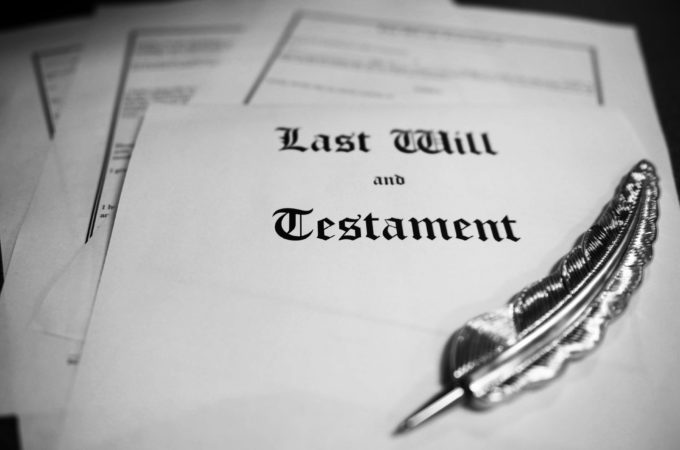Undue influence, a common claim to be heard in the context of will challenges, occurs when a testator is forced or coerced into changing his or her will or creating a new one in favour of the coercing party. A closely related concept is testamentary fraud. Although testamentary fraud does…
In the estates context, undue influence is often alleged in order to challenge a will or an inter vivos transfer of property, often a family home or cottage. When a party in a legal dispute alleges that there was undue influence which party bears the burden of proving (or disproving)…
One kind of claim that estate litigators often bring against an estate is a claim for dependant’s support. These claims are made pursuant to Part V of the Succession Law Reform Act, R.S.O. 1990, c. S.26 (the “SLRA”), and are commenced by way of application. The core of such a…
Last summer I wrote a number of blog posts that touched on the then- new “substantial compliance” rules found at Section 21.1 of the Succession Law Reform Act that came into effect at the beginning of 2022. As a quick refresher, the crux of this provision is that the Court…
Production of documentary evidence and examinations are key parts of the litigation process as a matter proceeds towards trial. In some cases, an applicant may wish to examine non-parties, in addition to the opposing litigants. In an estates context, these can include family members of the deceased, accountants or solicitors…
We’ve all heard of contempt of court, a common fixture in many courtroom dramas and law-related TV shows. In reality, civil contempt of court is quite uncommon, arising only on occasion during contentious litigation. In the estates context, contempt of court is most often linked to a party’s refusal to…
In Fanelli v. Fanelli-Bruno, 2023 ONSC 6501, Justice Myers provided clear direction on the principle of proportionality in litigation, and the ways in which it can influence a decision on costs. The decision The estate of Ms. Lina Fanelli, the mother of the Applicant and Respondent, was the subject…
A recently released decision, Giann v Giannopoulos, 2023 ONSC 5412, provides clarity on a question that frequently arises in estate litigation: what information is a party entitled to from the deceased’s personal records and documents? This case, heard by Justice Myers of the estate list in mid-September this year was…
It is quite common for a will to begin with a statement that all previous wills and codicils are revoked. This is done to ensure that only the will being executed at that time remains the valid will of the testator, and any prior testamentary instruments no longer desired will…
White v. White, 2023 ONSC 3740 A recent case heard before Justice Myers of the Toronto Estates List provides an interesting discussion of orders for the production of a will-drafting solicitor’s file, and shows the limits on such orders being sought under Ontario’s move to ‘substantial compliance’, which occurred in…








